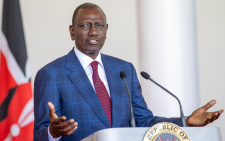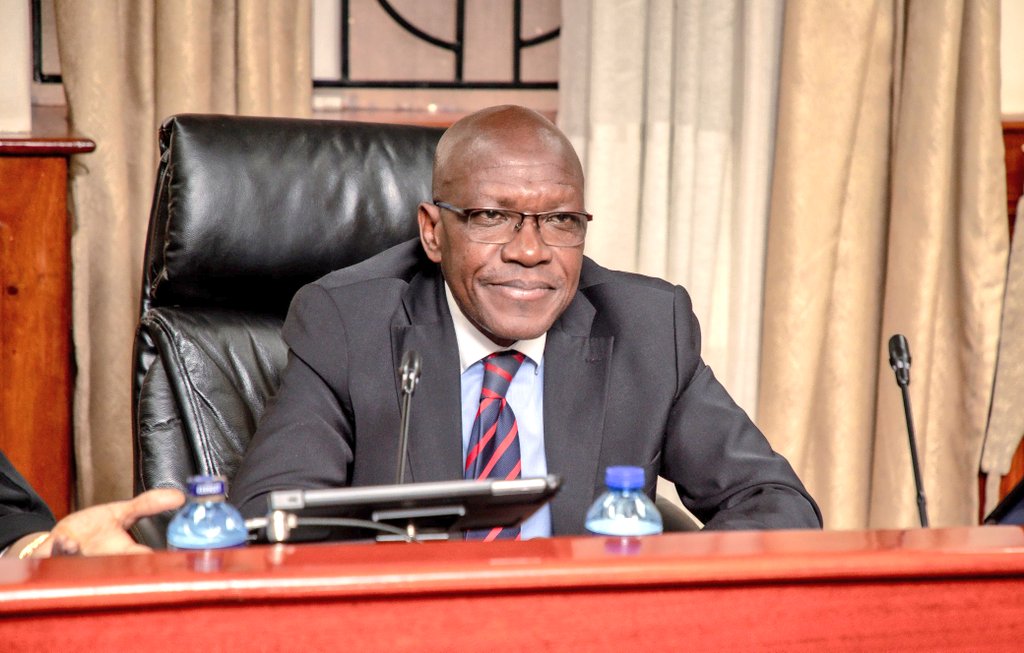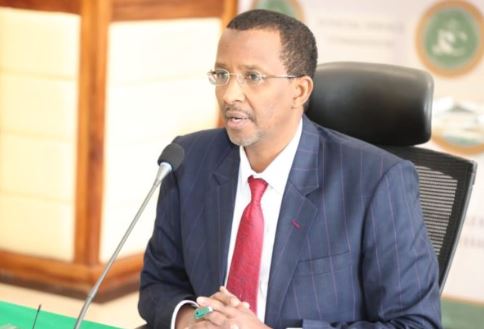Cash handouts perpetuate the poor’s cycle of penury

In his studies, Dr Othieno Nyanjom has established a nexus between what he describes as the political economy of poverty, tokenism and free and fair elections in Kenya.
The scholar defines tokenism as “the policy of making only a perfunctory effort or symbolic gesture toward the accomplishment of a goal…” or “the practice of hiring or appointing a token number of people from underrepresented groups in order to deflect criticism or comply with affirmative action rules”.
In effect, he argues, tokenism refers to a cosmetic treatment of a situation that does not get to the root of the problem.
“In applying tokenism, leaders pay lip service to, or water down or entirely forget promises contained in manifestos and other electoral platforms,” he writes.
According to Nyanjom, there are two types of tokenism: grassroots and elite.
Grassroots tokenism is associated with handouts to the poor and less advantaged that do not get to the root of poverty.
To paraphrase the old Chinese proverb, tokenist interventions are like giving fish to a peasant rather than teaching the peasant how to fish.
In the electioneering process, tokenism is rampant among the political class, practised by incumbents seeking perpetuation as well as aspiring leaders.
At the end of it all, the recipients of this “generosity” hardly get to address their fundamental needs and end up in a vicious cycle of penury, which is eventually inherited by their descendants.
“Where incumbent leaders use public resources to finance tokenism – or callously deny delivery of such resources – this is often at the expense of good governance practices that support government regulations regarding the general consumption – including expenditure – of public resources,” Nyanjom notes.
It is in this light that we see the activities of Kenya Kwanza politicians led by Deputy President Kithure Kindiki, who has been dishing out money in Mt Kenya to buy political support in the name of empowerment.
The best way to empower youth, women and people with disabilities is to pass policies that will enable them to engage in meaningful economic activities, which will in turn make them self-reliant, not through elite tokenism.















